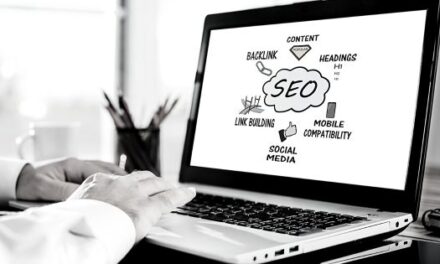As we move into the second half of the calendar year, I say to myself, wow… We can see the light at the end of the proverbial pandemic tunnel! or can we? As more countries begin to lift mandates and people start to feel normalcy in their lives, we should reflect on the many people who suffered, and may still be suffering, with mental health issues developed over the past 2 years. We should remember the millions of jobs that were lost or business owners who had to close their doors for good and the impact it had on their families and their mental health as well.

Furthermore, as we transition to a more open world, organizations must ensure that measures are being taken to support any mental health issues that employees may experience when moving from a stay-at-home culture back into the office. Over the next year, people may experience “Post Pandemic Culture Shock”—a condition similar to what they felt at the beginning of the pandemic lockdowns when they were locked in their homes for days on end.
People are feeling increased anxiety in various social situations, such as when they meet and speak with colleagues face-to-face. When I spoke with colleagues during our office’s opening week, I found that they expressed the same type of anxiety with meeting their fellow team members. One colleague told me that she felt that she was almost forced to have to say something to everyone she saw in the hallways and that she felt like she didn’t know how to close the conversation gracefully and move on. Although to some this may seem trivial, it’s a real thing to others who have been away from this type of interaction for over 2 years.
To help employees who are returning to an office setting after working remotely, organizations can proactively plan programs and support for them, such as supplying career coaching or workshops. An organization might also consider adopting a more flexible hybrid workstyle that can accommodate all types of employees. Another suggestion is to plan social engagements in which team members who have not worked together closely in a while, can get to know each other again. Such as:
- Team social outings like lunches or dinners
- Parking lot games day
- Team Scavenger Hunt within the office and virtual items for an individual at home
- In smaller face-to-face settings, teams can reintroduce themselves to each other and speak about funny at-home incidents that they experienced while working remotely.
Listen, the world has gone through a massive shift, and it feels as if nothing is the same anymore. However, with sound leadership and direct action, we all can transition through this change with minimal impact on ourselves and the organizations we work for.






















